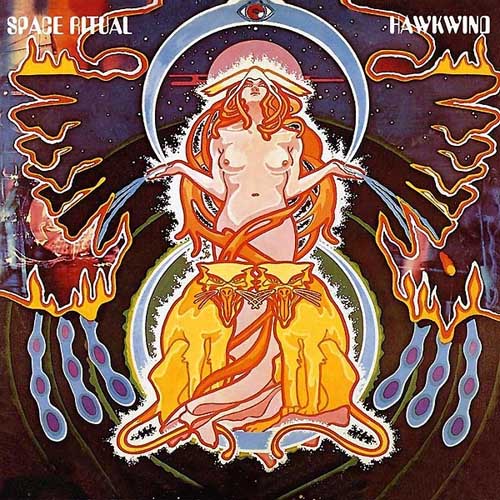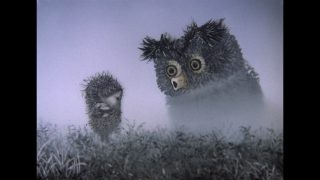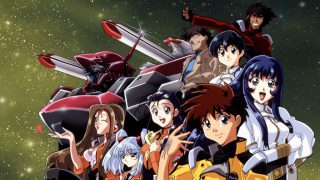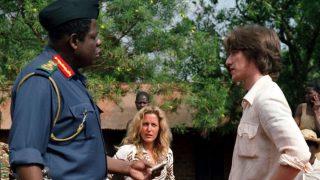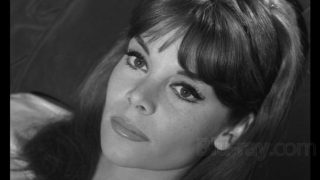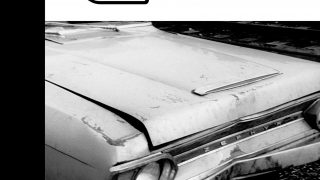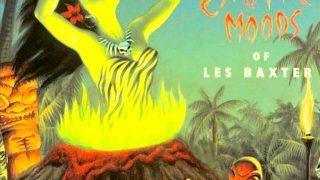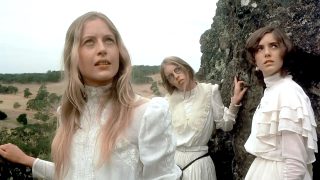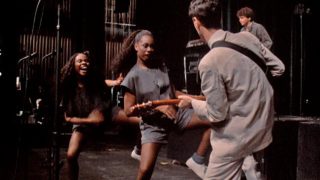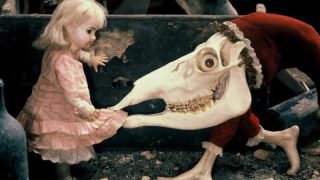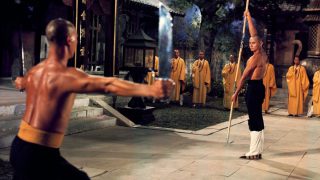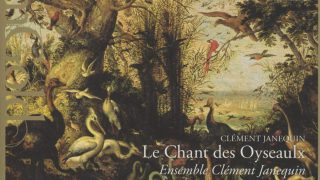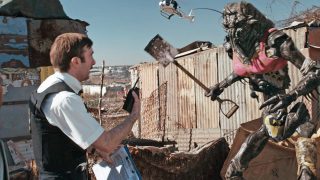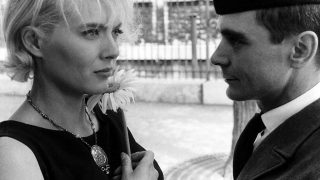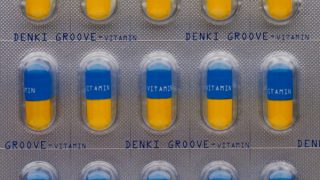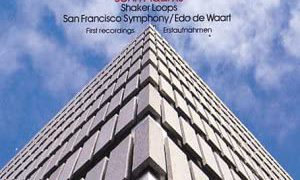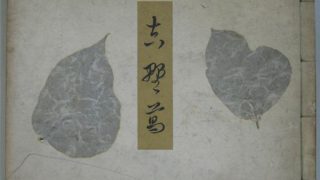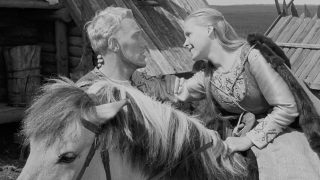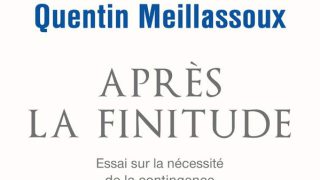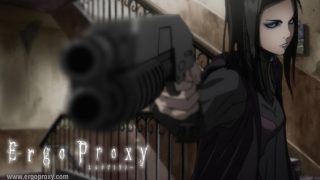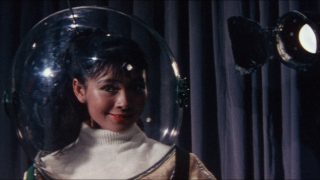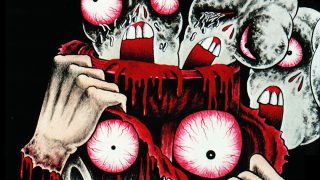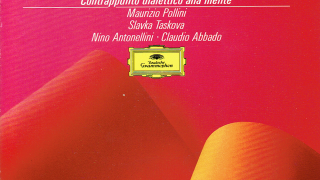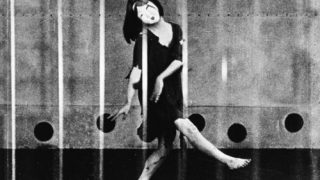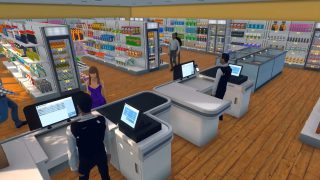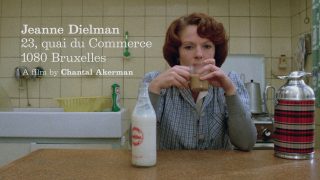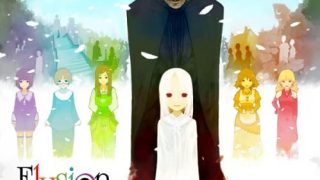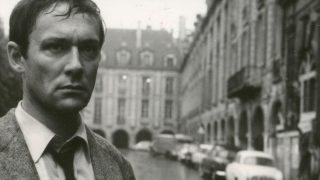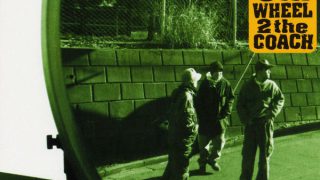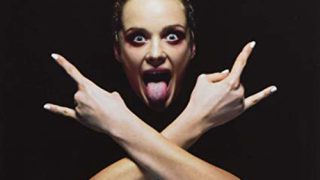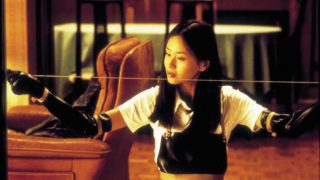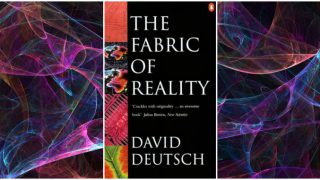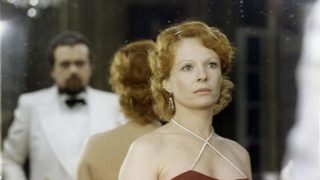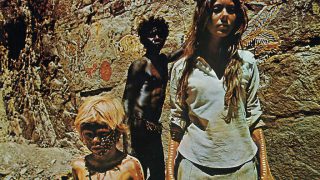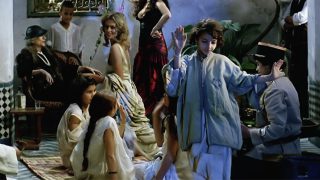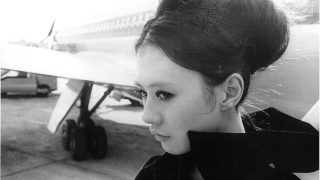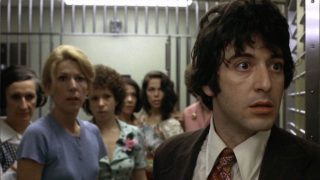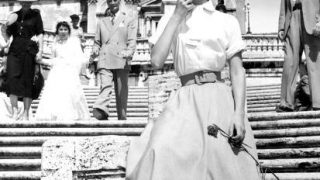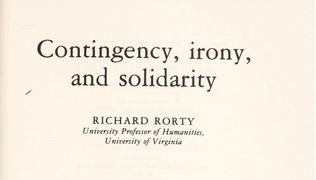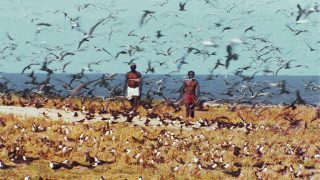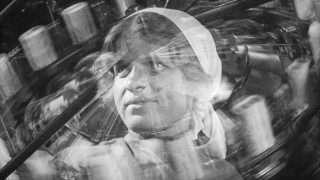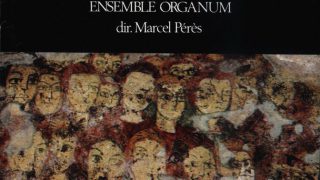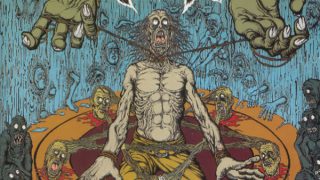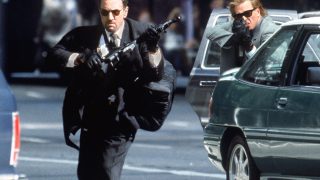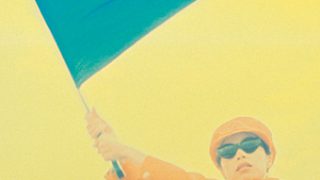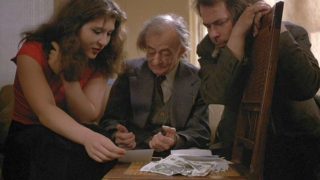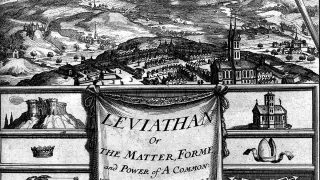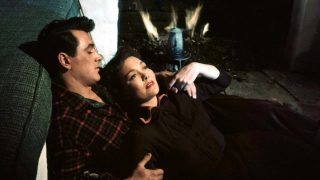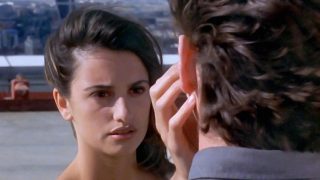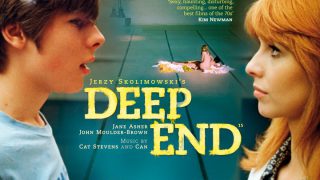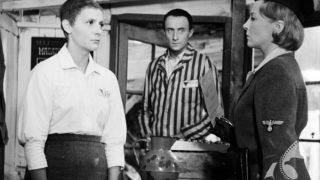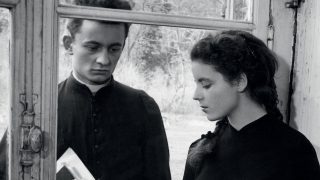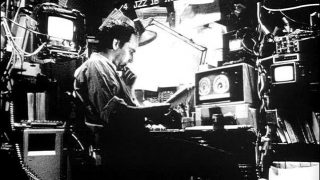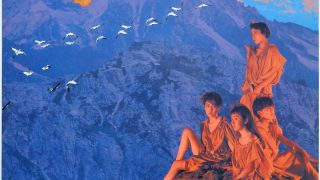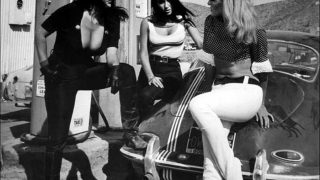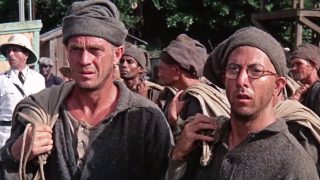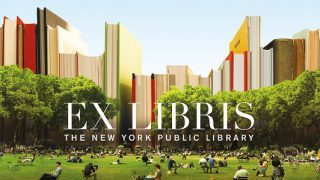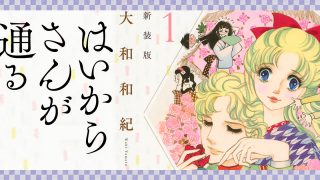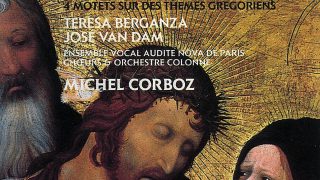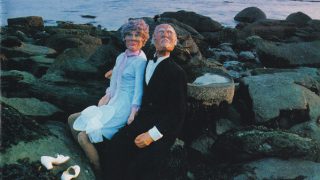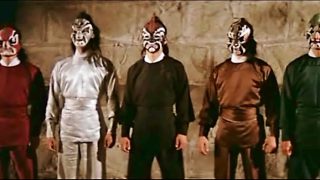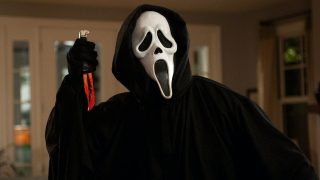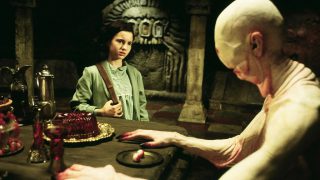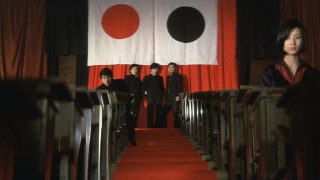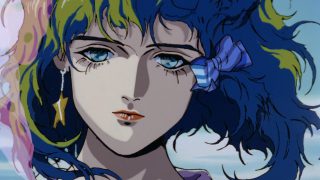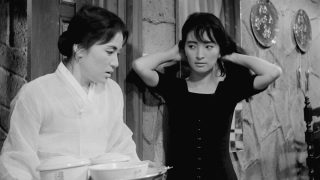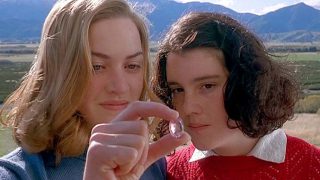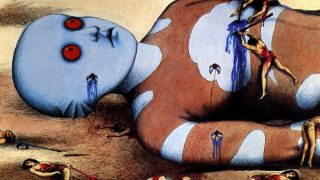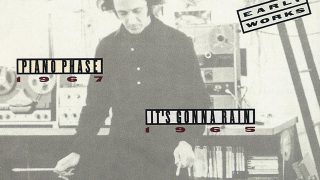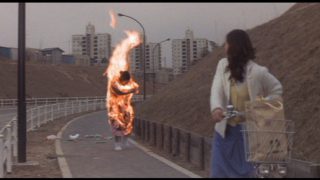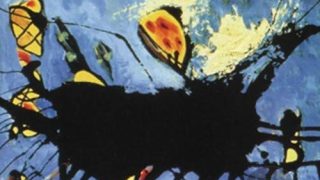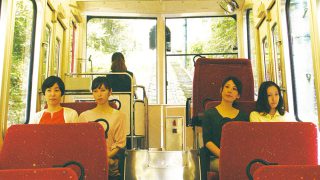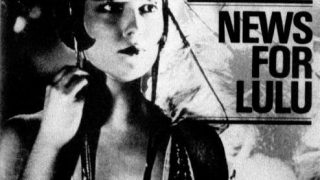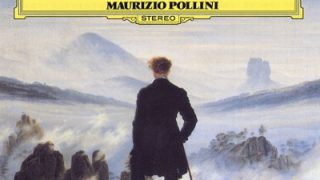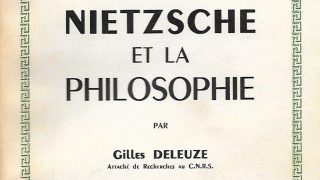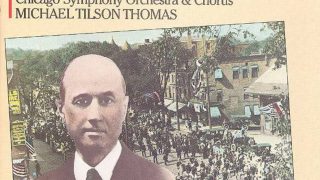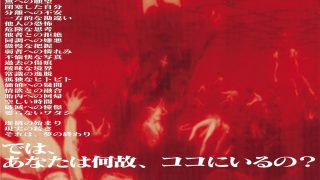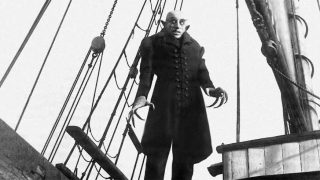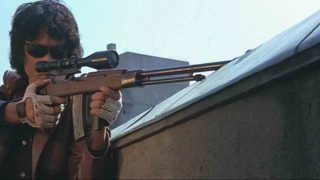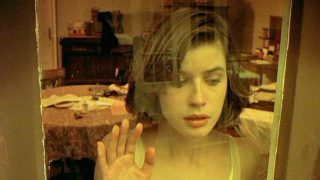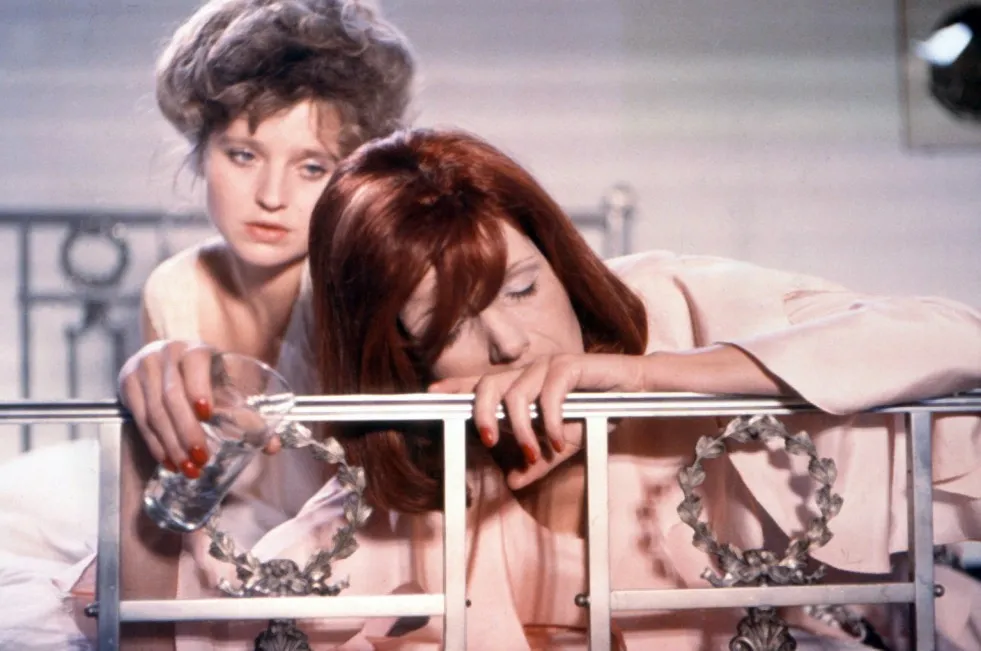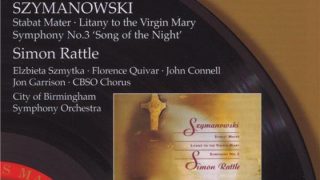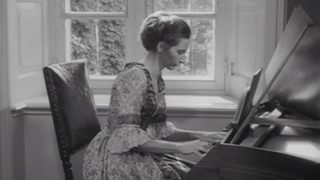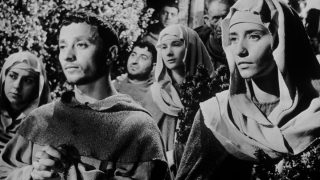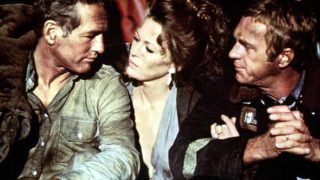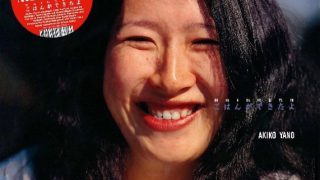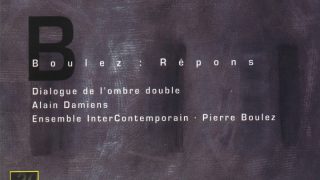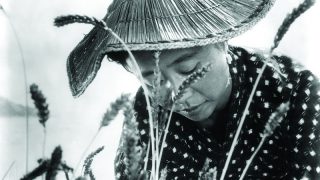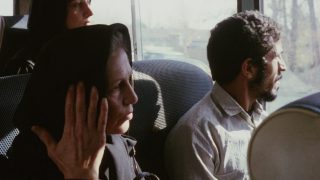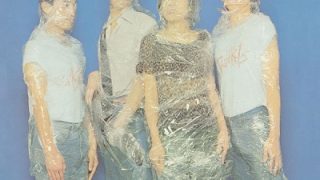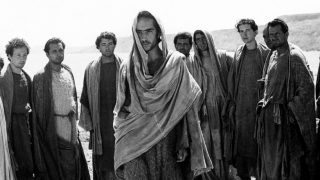Overview
“The Space Ritual Alive in Liverpool and London”, commonly known as “Space Ritual” is a live album recorded in 1972 and released in 1973 by English rock band Hawkwind as their fourth album.
Background of the Production
Hawkwind were formed around Dave Brock (guitar, vocals) in London in 1969, and released their debut album “Hawkwind” in 1970. After that, they became known for their space rock incorporating the elements of psychedelic rock, progressive rock and hard rock with the science-fictional lyrics on outer space.
The band is also known for that Lemmy/Ian Kilmister (bass guitar, vocals) had worked as a member from 1971 to 1975 before he formed Motörhead.
Commentary
The album contains the live performances recorded at Liverpool Stadium, December 22th, 1972 and Brixton Sundown, London, December 30th, 1972 during the “Space Ritual” tour to promote their third studio album “Doremi Fasol Latido” (1972).
During the “Space Ritual” tour, Hawkwind put on a spectacular audiovisual performance incorporating light shows, lasers, dancers, and writer and poet Robert Calvert’s poetry reading.
The concept of the “Space Ritual” show was based on Pythagoras’ celestial-mathematical theory called “music of the spheres” (musica universalis), and the story was themed on the dreams of astronauts in suspended animation.
The original album was released as a double LP by United Artists Records (by Liberty Records in Japan) in 1973, and it reached number 9 in the UK album charts and number 179 in the US Billboard Top 200.
The personnel are: Dave Brock (guitar, vocals), Nik Turner (saxophone, flute, vocals), Lemmy (bass guitar, vocals), Dik Mik/Michael Davies (audio generator, electronics), Del Dettmar (synthesizer), Simon King (drums), Robert “Bob” Calvert (poetry, vocals), and Stacia (dancer and visual artist).
The album “Space Ritual” has been famous as a masterpiece in the space rock genre.
Though this album doesn’t include their space rock hit single “Silver Machine” (1972), it is often cited as the greatest work by Hawkwind in their psychedelic rock period in the early 1970s.
Though the spacey concept is like progressive rock, the music itself is trippy and roaring psychedelic rock with the heavy use of effects. It is closer to krautrock and garage rock like MC5, Blue Cheer and the Stooges than progressive rock and hard rock.
It is characterized by Lemmy’s melodic, chordal bass, Brock’s guitar with effects, such as wah-wah pedal and distortion, Turner’s alto saxophone and flute playing in the free jazz style, electronic sound effects, and repetition of the riffs and lengthy performance like krautrock.
The entire band performance is led by Lemmy’s bass guitar as a lead instrument.
“Down Through the Night”, “Lord of Light”, “Space Is Deep”, and “Brainstorm” are songs from their third studio album “Doremi Fasol Latido” (1972).
“Lord of Light” is a song based on the science fiction novel of the same name (1967) by American writer Roger Zelazny.
“The Awakening”, “The Black Corridor”, “10 Seconds of Forever”, and “Sonic Attack” are Robert Calvert’s poetry readings with electronic effects.
“The Black Corridor” includes quotes from the science fiction novel of the same name (1969) by English writer Michael Moorcock. Moorcock also wrote the poem to “Sonic Attack”.
“Seven By Seven” is the B-side track of the single “Silver Machine”.
“Master of the Universe” is a song from their second studio album “In Search of Space” (1971).
“Orgone Accumulator” is a song about Austrian doctor of medicine and psychoanalyst Wilhelm Reich’s Orgone Accumulator based on his Orgone Energy theory.
In 2007, the remastered edition of the album (2CD+DVD) was released by EMI (the 2CD version was released in 2013).
